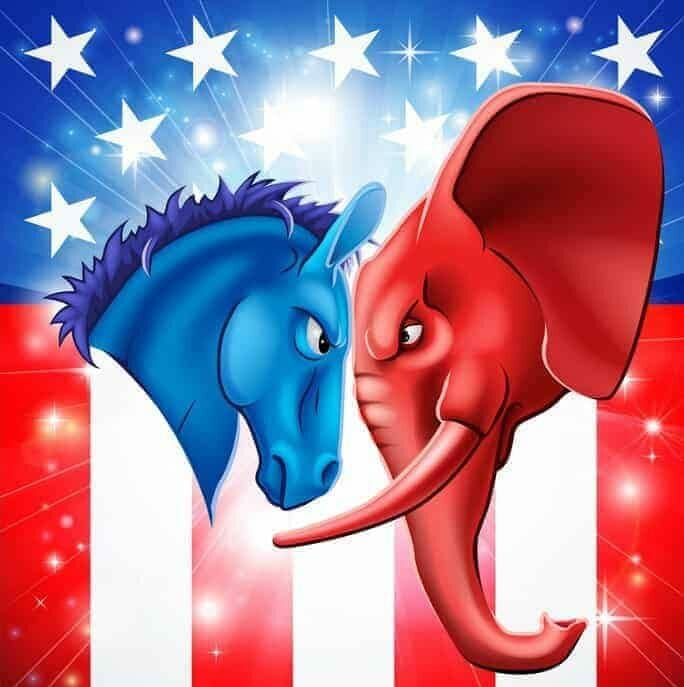The Internet has changed the way politicking is done. Politicians running for office know that the web is the main place people go to for information, and will spend $1 billion in online political spending, according to a Borrell study.
That’s not all. Since one half of all local online searches are performed on mobile devices, mobile apps and social media have become a bigger part of the online political landscape. According to a 2012 study published in the journal Nature, Facebook social messaging increased voter turnout directly by about 60,000 voters, and indirectly through social contagion by another 280,000 voters, for a total of 340,000 additional votes. The Pew Internet and American Life Project has also reported that 39% of all American adults have done at least one of eight civic or political activities with social media.
There are even online avenues voters can use to cast their ballots.
However, key officials in big Republican-led states are beginning to oppose the use of technology when it comes to voting. The administration of Florida Governor Rick Scott has begun opposing an online registration measure. GOP lawmakers in Texas also voted down a similar bill, claiming they were concerned about fraud. The Republican-controlled legislature of Ohio has also stalled an online voter registration bill.
This doesn’t mean that online voter registration is dead, though. A new report from the Pew Charitable Trusts found that 22 states, in addition to the District of Columbia, will offer the chance for voters to register online in the 2016 election. By the end of the session this year, four more states — Massachusetts, Hawaii, West Virginia, and Nebraska — are expected to pass bills allowing voters to register online.
What’s interesting, though, is that it’s not a matter of party politics opposing the Internet’s influence on the political landscape, but rather a matter of three states making it harder to register to vote in general. A lot of the recent progress for online voter registration has come such states as Georgia, South Carolina, Virginia, Missouri, Kansas, and Utah — all states that are fully or partially Republican controlled.
Florida, Texas, and Ohio, on the other hand, have made it harder for all voters to register. Florida and Texas have each imposed tight restrictions on voter registration drives by outside groups. These two states are likely home to around nine million unregistered but eligible voters, disproportionately racial minorities. Last year, Ohio lawmakers eliminated their state’s “Golden Week,” which allowed voters to register and vote all in one day.
So it seems that the Internet is not yet done changing the way politicking is done, nor will it likely be for a long time. The real question now is how much will it change the nation’s political landscape, and how fast?


